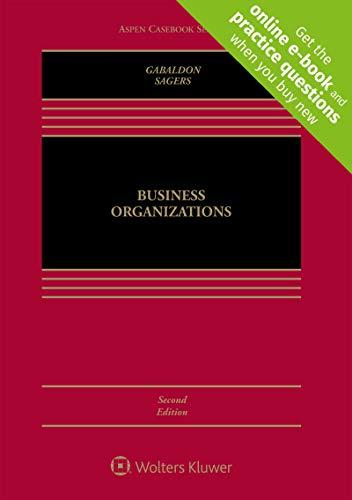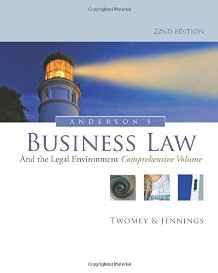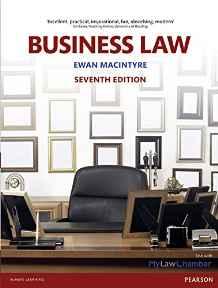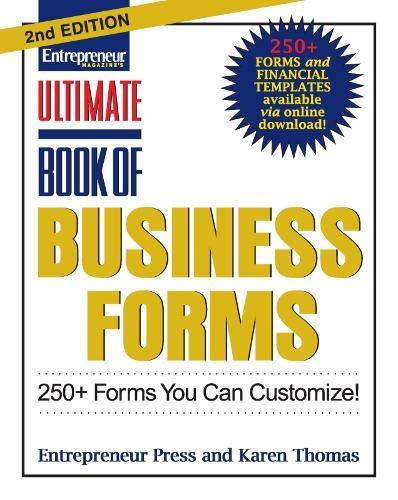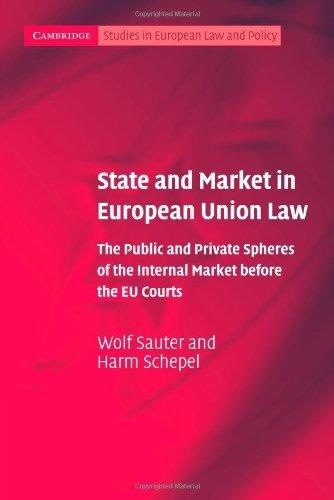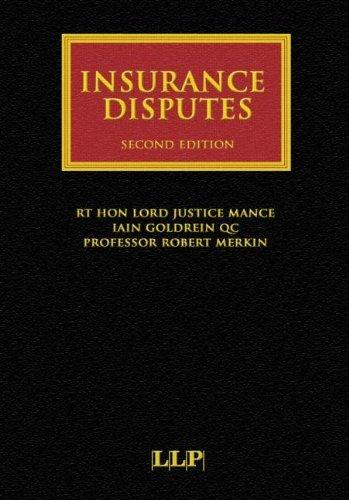Law & Criminology , Business Law
Business Organizations (Looseleaf)
" Business Organizations, Second Edition is a pedagogically rich book that recaptures student engagement in the course without sacrificing basic rigor. The traditional coverage of most books in the field is retained, but modernized in reflecting the importance of unincorporated entities and small business counseling problems. Transaction-oriented problems put the student in the practice role of advising a variety of businesses. An expository approach provides clear context for cases. Features include flowcharts, connections boxes, self-testing exercises, an interspersed series of exercises on ethics for business lawyers, a glossary of terms, and sidebars on numerical concepts and skills. Through the use of side-bar explanations or otherwise, the chapters or major sections of chapters in the book stand alone, facilitating teaching in almost any order. An online supplement includes a “business concepts for lawyers” module to be assigned as an instructor desires, as well as a variety of sample documents to show students the actual materials that lawyers work with every day. New to the Second Professors and students will benefit
- Gabaldon, Theresa A.
- Wolters Kluwer
- 2018
- 1152
- Ring-bound
- 9781543807844
Поткатегории
